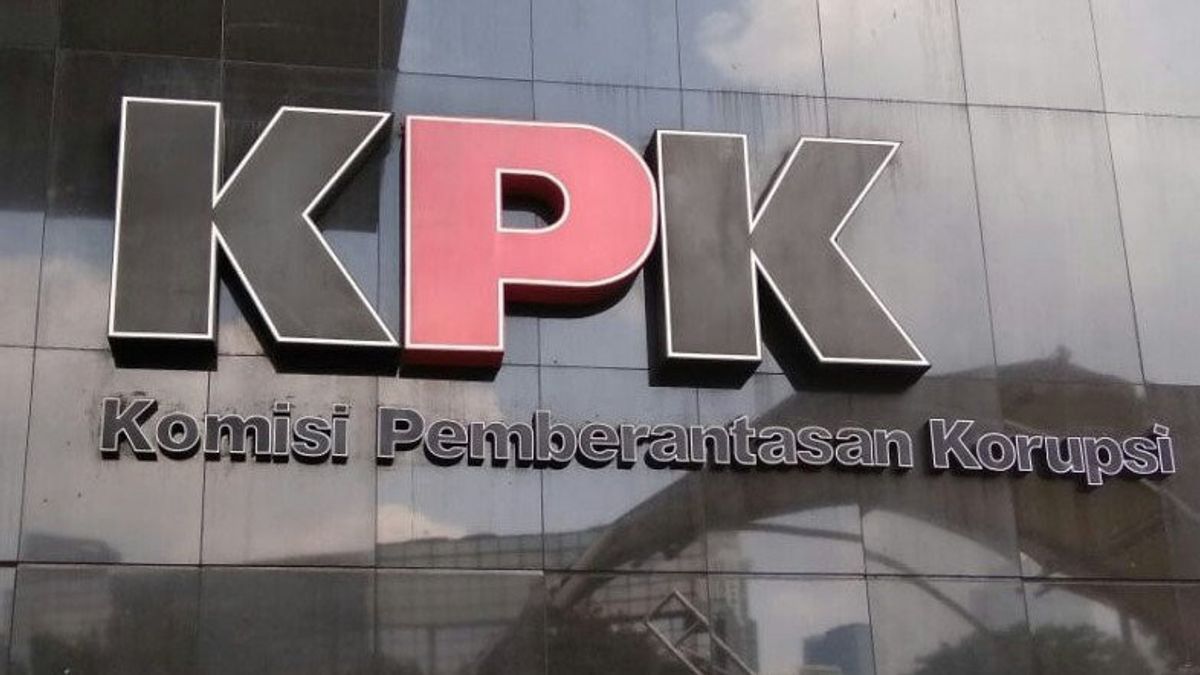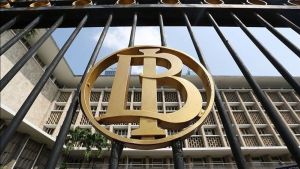YOGYAKARTA - The Corruption Eradication Commission (KPK) is an independent institution responsible for fighting corruption in Indonesia. Capim KPK, which consists of five commissioners, is chosen every four years to lead the institution. Curious about the stage of the selection for the KPK Capim? Listen until it's finished, yes!
In the selection process for KPK candidates, starting from the formation of a selection committee to the appointment of new leaders, there are several strict and transparent stages to ensure that those who are elected are people who have high integrity, professional competence, and are strongly committed to fighting corruption.
1. Formation of the Selection Committee (Pansel)
The selection process for the KPK leadership candidates begins with the formation of a Selection Committee (Pansel) appointed by the President of the Republic of Indonesia. Members of the Pansel usually consist of experts in various fields, such as law, academics, practitioners, and community leaders who have a good reputation.
The main task of the Pansel is to carry out the selection fairly, transparently, and accountably. They are responsible for setting criteria, opening registration, and selecting candidates for KPK leaders.
2. Announcement and Registration
After the Pansel is formed, they will announce the opening of the registration of candidates for KPK leadership to the public. This announcement includes conditions that must be met by participants, such as the minimum age of 40 years, experience in the fields of law, economy, or government, and has a clean track record of corruption, collusion, and nepotism (KKN). In addition, high integrity and credibility are also important qualifications.
Registration is usually done online, where candidates are asked to send documents such as curriculum vitae (CV), KKN-free statements, health certificates, and other documents. This registration is open to anyone who meets the requirements, both from professionals, academics, civil servants, and the private sector.
3. Administrative Selection
After registration is closed, the Pansel will carry out administrative verification of the documents submitted by the participants. At this stage, the Pansel examines the completeness and validity of the file, and ensures that each candidate meets the specified requirements.
Unqualified candidates will fall at this stage. Participants who pass the administrative selection will be announced to the public and continue to the next stage.
4. Competency Test
The next stage is the competency test, which includes written tests and national insight tests. Written tests are designed to measure the knowledge of candidates regarding the law, eradicating corruption, and good governance.
Meanwhile, the national insight test aims to test the candidate's commitment to the values of Pancasila, the 1945 Constitution, and national insight relevant to the mission to eradicate corruption.
At this stage, the candidates also take part in public trials, in which they explain the vision, mission, and strategy that will be implemented if elected as KPK leaders. This public test gives the public the opportunity to assess the capacity and integrity of the candidates directly.
5. Psychotes and Health Tests
After passing the competency test stage, the candidates will take part in psychological tests to measure the stability of their emotions, integrity, and leadership abilities. This psychological test is important to ensure that prospective KPK leaders have a strong mentality and character in dealing with various pressures, given the great responsibility in fighting corruption.
In addition, candidates are also required to undergo a thorough medical test. This test aims to ensure that the leadership candidates are in good physical condition and are able to carry out their duties optimally during their term of office.
6. Public and Interview Test
Selection of candidates for the leadership of the KPK also involved interviews conducted by the Selection Committee (Pansel). This stage is designed to dig deeper into the motivation, integrity, and commitment of candidates to eradicating corruption.
The Pansel also explores further the strategy and work programs that will be carried out if elected. In addition to interviews, a public test was held in which the public could provide input or ask direct questions to the candidates. Transparency in this public test is important so that the public can evaluate candidates objectively.
7. Submission of Names to the President and DPR
After going through all stages of selection, the Pansel will select several candidates who are considered the most eligible. The names are then submitted to the President, who will forward to the House of Representatives (DPR) to undergo a fit and proper test.
The DPR will assess the candidates through a series of questions in the process. The results of this test will determine who is worthy of being the leader of the KPK for the next period.
SEE ALSO:
8. Appointment of KPK Leadership
The last stage in the selection is the appointment of KPK leaders. After the DPR approved five elected candidates, the President would officially inaugurate them. They will serve as KPK leaders for four years, with the main responsibility of eradicating corruption and maintaining the independence of this institution.
Speaking of the KPK Capim Selection, you must know 20 Capims and 20 Prospective KPK Councils Declared To Pass the Current Assessment Selection.
So after knowing the stages of the KPK's Capim selection, see other interesting news on VOI.ID, it's time to revolutionize news!
The English, Chinese, Japanese, Arabic, and French versions are automatically generated by the AI. So there may still be inaccuracies in translating, please always see Indonesian as our main language. (system supported by DigitalSiber.id)











